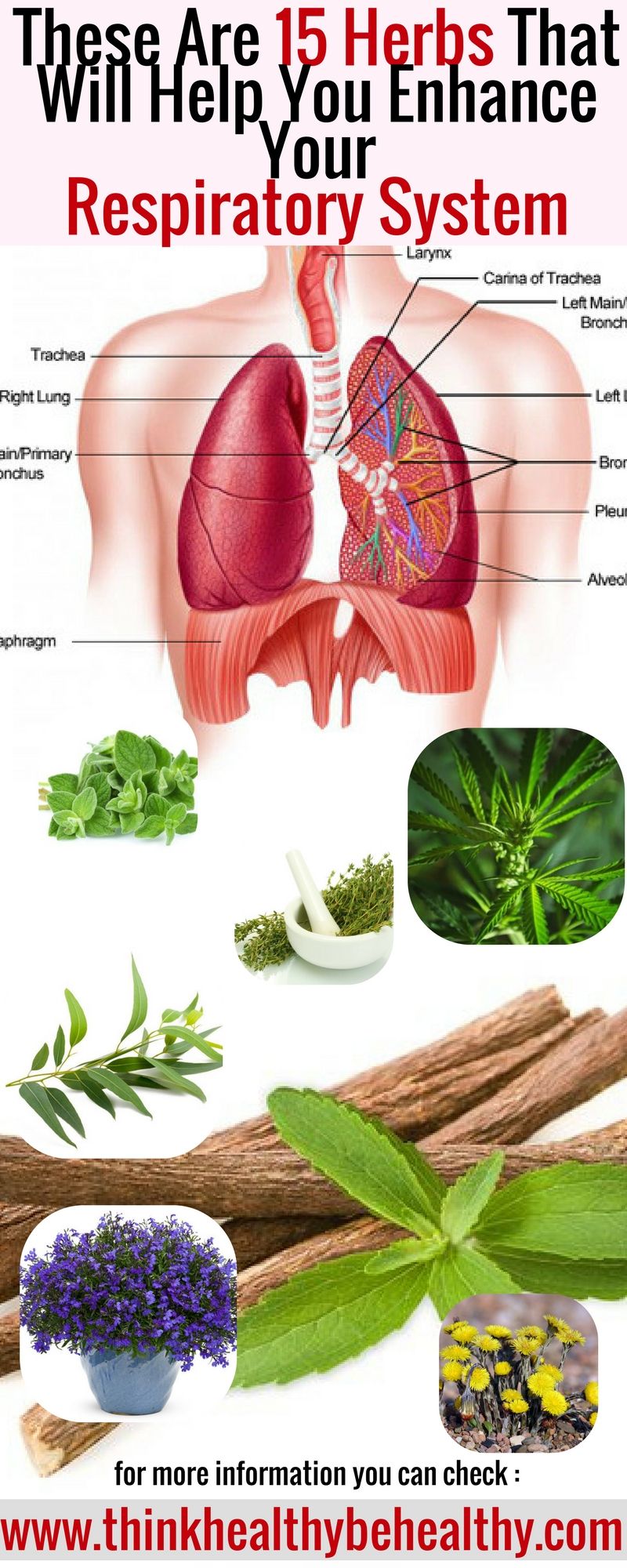Living in a rural environment often means being surrounded by fresh air and natural beauty. However, it also comes with its own set of challenges, especially when it comes to respiratory health. From seasonal allergies to exposure to dust and pollen, rural residents may find themselves dealing with various respiratory issues. While seeking medical advice is always recommended for serious conditions, there are also herbal remedies that can help support respiratory health in a more natural way.
One popular herbal remedy for respiratory health is eucalyptus. Eucalyptus oil has been used for centuries as a decongestant and expectorant. Its anti-inflammatory properties can help reduce inflammation in the airways, making it easier to breathe. You can inhale eucalyptus oil by adding a few drops to a bowl of hot water or using a diffuser. Another option is to apply diluted eucalyptus oil topically on the chest area for congestion relief.
Peppermint is another herb known for its beneficial effects on the respiratory system. Peppermint contains menthol, which provides a cooling sensation and helps relax the muscles of the respiratory tract, promoting easier breathing. Drinking peppermint tea or inhaling steam infused with peppermint essential oil can provide relief from congestion and soothe irritated airways.
Thyme is not only a flavorful herb used in cooking but also a powerful ally for respiratory health. Thyme contains compounds that have antimicrobial and expectorant properties, making it useful for treating coughs and bronchitis. You can make thyme tea by steeping fresh or dried thyme leaves in hot water or use thyme essential oil in a steam inhalation therapy.
Licorice root is another herbal remedy that has been traditionally used to support respiratory health. Licorice root contains glycyrrhizin, which has anti-inflammatory properties that can help reduce irritation in the throat and lungs. It is commonly used in teas or syrups for soothing coughs and sore throats.
Ginger is well-known for its digestive benefits but it also has positive effects on the respiratory system. Ginger contains gingerol, which has antioxidant and anti-inflammatory properties that can help relieve chest congestion and improve airflow through the lungs. Adding fresh ginger to your meals or drinking ginger tea can provide relief from respiratory symptoms.
Mullein leaf is an herb commonly found growing wild in rural areas that has been used medicinally for centuries due to its expectorant properties. Mullein leaf tea is often recommended for treating coughs, asthma, and bronchitis as it helps loosen mucus buildup in the lungs.
Oregano is not just a culinary herb but also offers benefits for respiratory health due to its antimicrobial properties attributed mainly to carvacrol content present within it . Oregano oil taken orally may support immune function against bacterial infections related to chronic obstructive pulmonary disease (COPD) , while oregano-infused steam inhalation could offer relief from nasal congestion during colds .
In conclusion , incorporating these herbal remedies into your daily routine may help promote better overall lung function , clear congested airways , ward off infection-causing microbes naturally without harmful side effects . Always consult with an experienced healthcare provider before starting any new treatment regimen particularly if you are pregnant , nursing , taking medications regularly due existing Health conditions such as high blood pressure where certain herbs might interfere negatively resulting adverse reactions .


Leave a comment